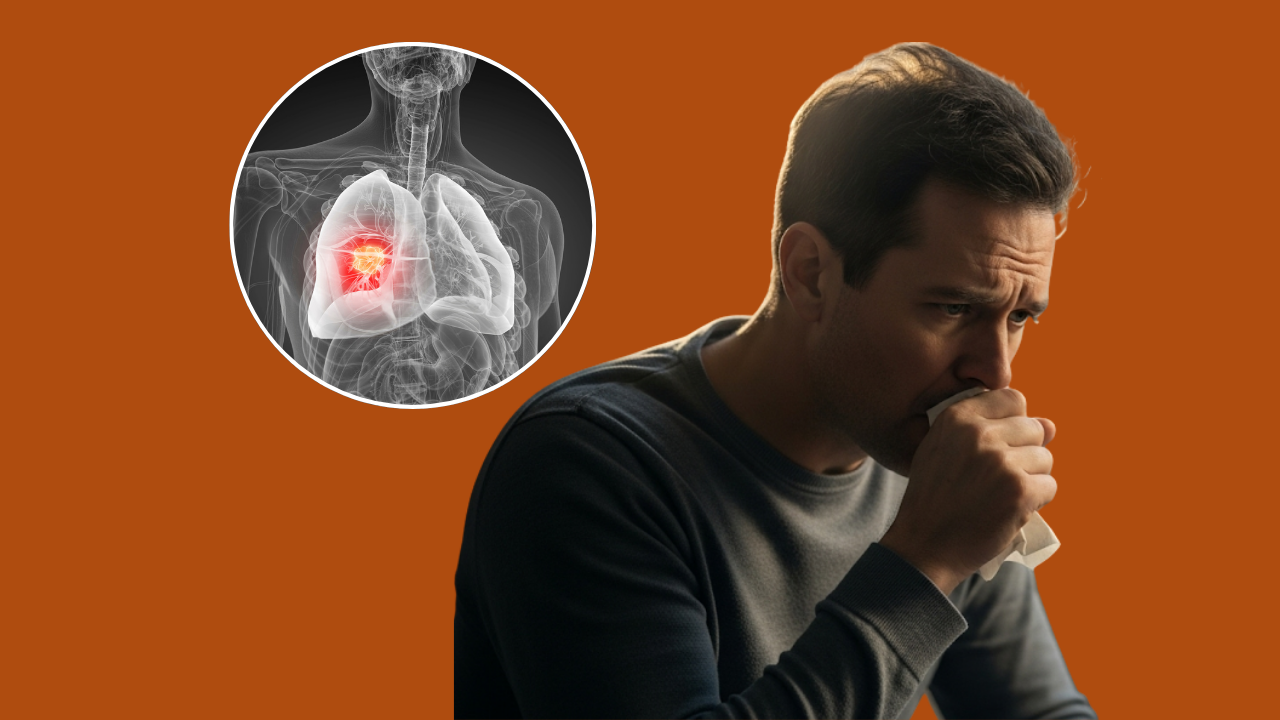World Lung Cancer Day 2025: Why You Should NOT Ignore A Recurring Cough? Danger Of Overlooking Early Symptoms

Credits: Health and me
SummaryA persistent cough could be an early sign of lung cancer, especially in non-smokers. Ignoring such subtle symptoms delays diagnosis, reducing the chance of timely treatment and better outcomes.
End of Article
